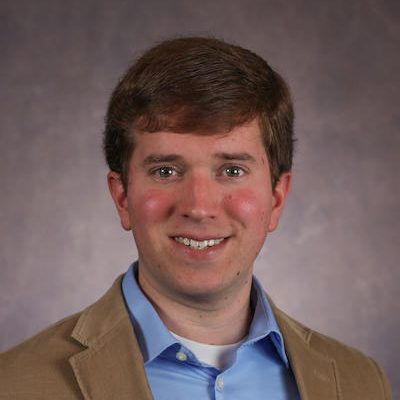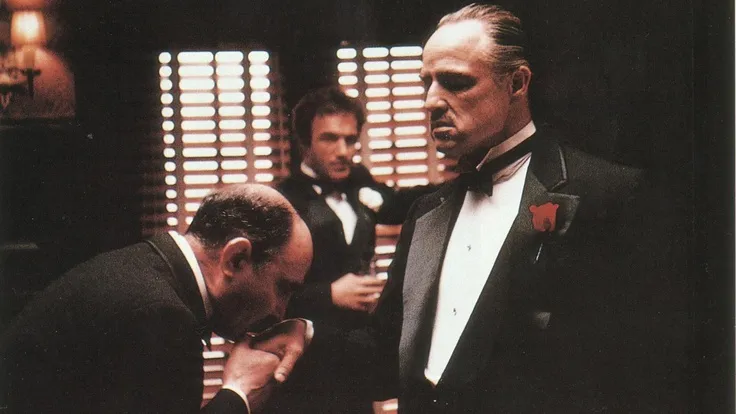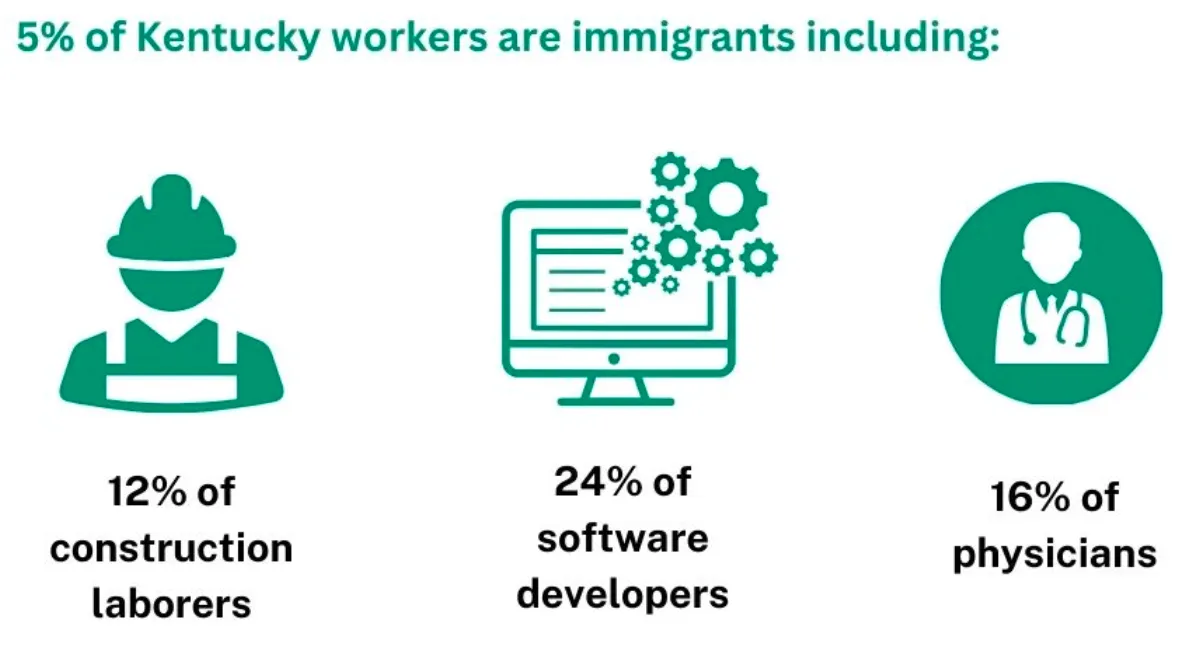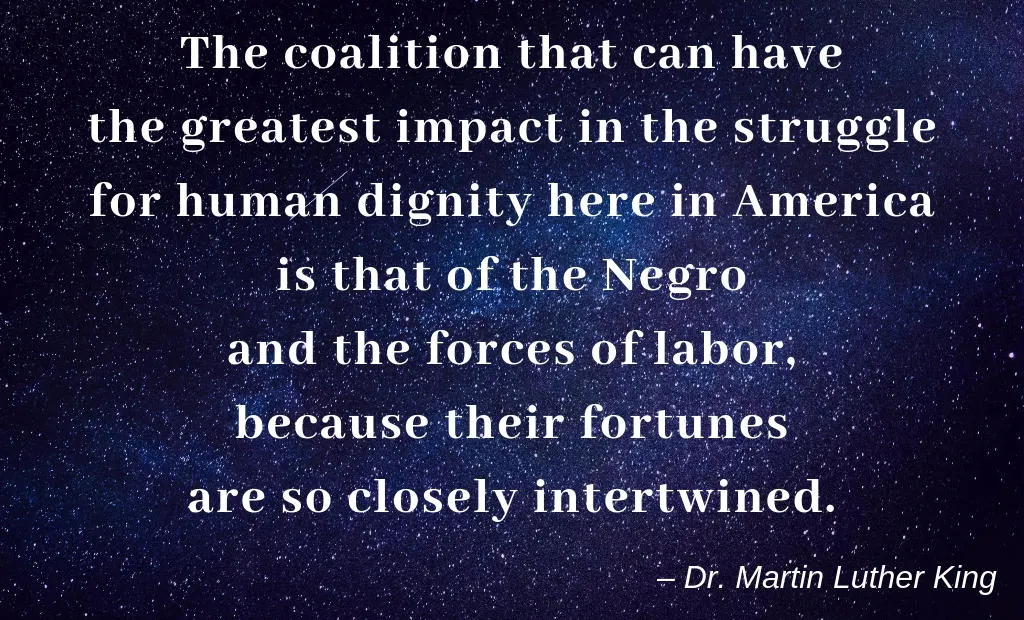Table of Contents
Growing up, my mother had a framed copy of the First Amendment. As someone who is an active member of my church and who writes for a media outlet, I share this reverence. The rights and freedoms guaranteed (speech, press, religion, assembly, and petition) are fundamental to our society and our democracy.
Due to the ongoing COVID-19 crisis, however, some of these rights are being discussed in ways they haven’t been in a very long time. Recent orders by Governor Beshear and local leaders throughout the state have placed restrictions on large gatherings, including church services, citing the need to “flatten the curve,” limit the spread of the virus, and save lives. This has naturally caused some to argue that the actions are unconstitutional.
But it is important to realize that as sacred as these freedoms are, they are not – and have never been – considered absolute. The common example here is shouting “fire” in a crowded theater. But there are many others. If you lie under oath, it’s not free speech, it’s perjury. You can’t lie doing business. That’s fraud. You and your friends cannot break into my house and claim freedom of assembly. You can’t practice child marriage and claim freedom of religion.
Among the reasons that government can step in in some of these cases is another amendment – the 10th. The 10th Amendment has a mixed level of support, largely because of its history in justifying slavery. But the 10th also grants states police powers to regulate health and welfare.
In order to ensure the health and welfare of a community, government action can sometimes restrict individual choice. And while people have the freedom of religion, churches are not exempt from otherwise neutral laws or policies to protect the public from harm.
Churches are already subject to this sort of regulation. Building safety codes, fire codes, and occupancy limits are applicable whether or not the building in question is a church. Cancelling in-person meetings because churches are unsafe from disease is not substantively different than cancelling because a church is unsafe structurally. Just imagine COVID-19 is bad wiring.
One of the key terms here is “neutral.” If a law or policy targets only churches, then it would be a problem. If it only targeted black churches specifically, it would be a problem. This is not the case. Thousands of churches across the state are meeting remotely. Schools are closed. Non-essential businesses are closed.
The few churches planning to meet in-person are the overwhelming exception, and that is the only reason they are being focused on. This is not religious persecution. It is not a criminalization of Easter. It’s an attempt to save lives. And given the examples of spreading that have already happened in churches in Harrison and Hopkins Counties, it’s an attempt well worth making.
There are valid points to be made for advocates of meeting in person. Should there be tighter restrictions on in-person shopping or at GE Appliance Park? Certainly. It’s also good to be wary any time people’s rights might be restricted even temporarily.
I miss meeting in person, worshiping with my church family. On Easter, it’s especially difficult. I know churches will take a financial hit during this crisis. I know churches fill a role in society like none other. But the church isn’t confined to a building. It’s the people, no matter where they are. Any pastor willing to risk the lives of their congregation or their community to keep the doors open has missed the point entirely.
Like teachers quickly transitioning to online classes, ministers across the country have had to transition to online worship. Like the rest of us, they are struggling with how to deal with this virus. Struggling with how to attend to those in their congregation who are sick – whether from COVID-19 or any other cause. Struggling with how to help families say goodbye from a distance.
My wife, mother, and brother-in-law are all pastors. I’ve seen firsthand how hard this has been for them. They have made hard decisions, cancelled long-planned-for events, and gotten creative to keep people stay connected during this time. They did this to keep people safe, healthy, and alive. They – like any good minister – would gladly plan an online service to avoid planning a funeral.
I know this situation is hard. For some groups, this is the first time they’ve ever been told they can’t do something, and they just want it to be over. I understand. But this is not a normal situation, and those pastors, politicians, and judges opposing Governor Beshear’s measures are putting countless lives in jeopardy.
Governor Beshear’s handling of the situation has been admirable and refreshingly competent. In a community, what we do affects others. As he has said, we must all make sacrifices to protect each other. But when some of us are unwilling to make such sacrifices – when they claim that the freedom of religion and the right to assemble allows you to meet in person as a church during a pandemic which has killed more than enough Kentuckians already, the government must get involved.
–30–








